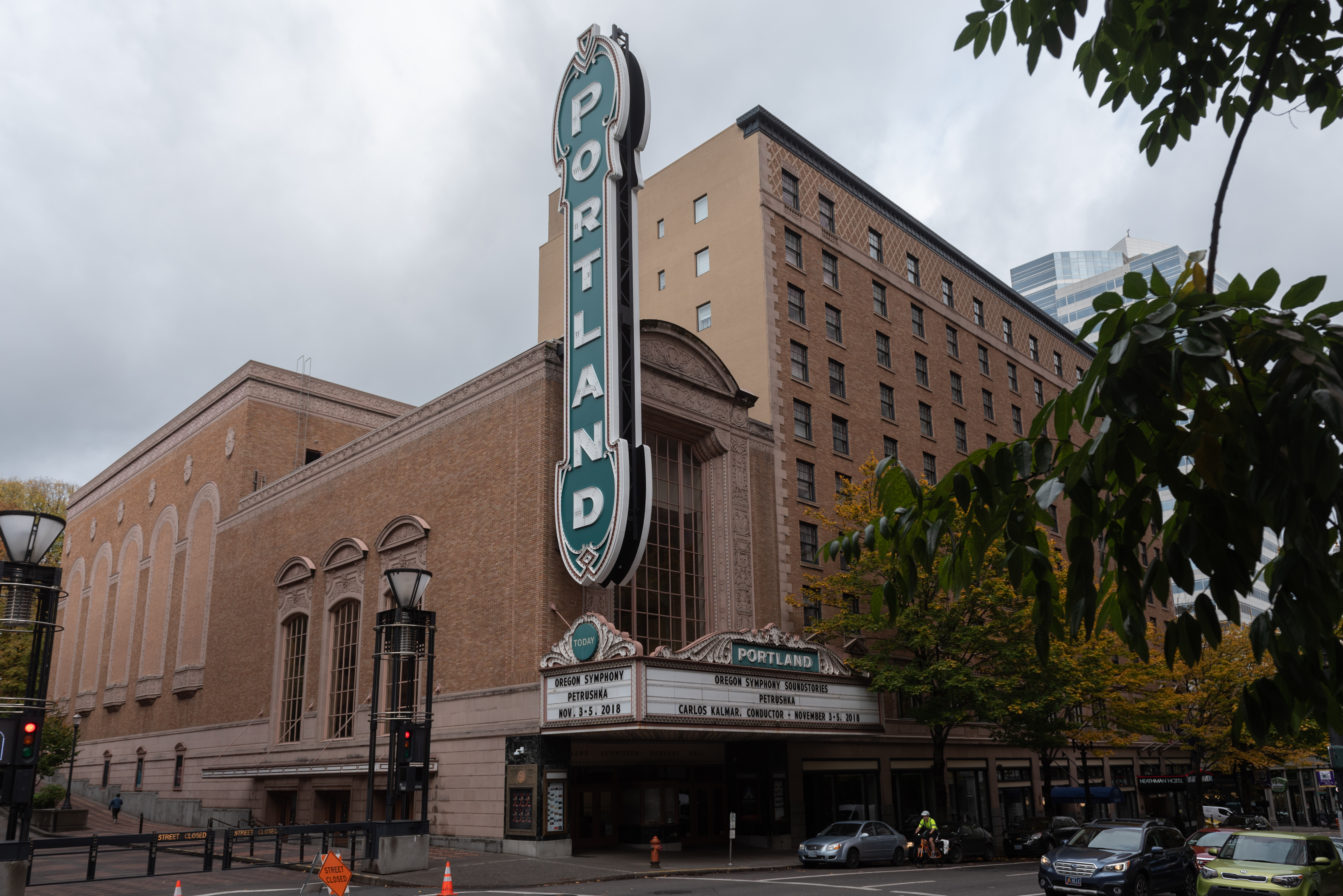Portland State officially announced that beginning in winter 2015, three Chiron Studies courses will be offered through University Studies. These courses are taught by students and aided with faculty oversight. The courses will be available for eligible undergraduate and graduate students for credit toward their degrees.
The classes available are Citizen Journalism, Writing Through Guided Meditation and Eating in the 21st Century.
Leona Kindermann, a student with prior involvement with Chiron Studies, will lead the Eating in the 21st Century course.
“It is an incredible opportunity. As someone who grew up with two professors [as parents], I have always been drawn to the classroom,” Kindermann said in an email.
The course will study the internal and external powers that influence our eating habits, such as culture, advertising and media. It will also work toward deconstructing one’s internal relationship with food, in terms of history, upbringing and connotations. Students will then be able to implement acquired skills in order to eat mindfully, understand ingredients and food labels and recognize how one’s choice in food can affect the community and the world at large.
Dr. Yves Labissiere, interim director for University Studies at PSU, began working in the program in 1996. With an established background in social psychology, he is also a faculty member for the School of Community Health.
“I support this endeavor. It is another example of students owning their education, owning their knowledge, owning the process and that is what we are about. It has served already lots and lots of students and I think with the right support we will blossom,” Labissiere said.
Chiron Studies began at PSU in 1968 and accumulated a widespread praise from the student body and community for the program’s dedication and success for nearly 50 years. These courses are unique, as they are constructed, proposed and taught by students. If the proposals are accepted, they are further developed by faculty, students and alumni.
This educational approach allows students the opportunity to take control of learning or teaching and earn credits doing so. During the term, the committee observes the courses, the progression of the student teachers and the adaptability of the learning bodies. In addition to a hands on experience for those teaching the courses, they are also reimbursed for their dedication, effort and materials.
“It is for academic programs like Chiron Studies that brought me to PSU; they offer diverse and distinctive learning experiences to not only the community and the school itself, but for the world at large, and I look forward to exploring the chances of getting involved in this program,” said first-year transfer student Nadine Boshey.
Chiron Studies has appealed to many students over the course of the program’s history at PSU—whether they’ve been involved in the past, or are just learning about the program for the first time. This program is not only about thinking and learning in the form of a new perspective, but rather to implement this new acquired knowledge in one’s everyday life, beyond the classroom environment.
“This program teaches skills that are translatable to a lot of other work I am doing, as the bi-weekly cohort meetings focused on inclusive education, building a learning community and facilitation skills,” Kindermann said.
At the close of 2012, PSU underwent a series of budget cuts, which ultimately led to the Office of Academic Affairs’ decision to revoke the program’s funding completely. This began what would be a three-year fight for justification toward the program.
Rozzell Medina became coordinator for Chiron Studies as an undergraduate student in 2010. When the budget was revoked, he remained confident in the program’s potential and survival, and began volunteering at the start of 2013 lasting until October of this year. He remains in the same post and said he’s glad to be paid again for his hard work.
“We have been working with University Studies on joining that academic department for over a year now, and while there are still logistics to work on, we are excited about the opportunities that collaboration is presenting,” Medina said.
“Chiron is an academic activity, and as such, ought to have the same kinds of oversight, assessment, direction and coordination as all of our academic curricula activities do,” Dr. Labissiere said.
In 2013, Chiron Studies directors appealed the administration with the hope that they would reconsider the previous decision to revoke funding. After spending several days reviewing the proposed agenda, administration again rejected and said they would work toward finding Chiron Studies a proper home among active programs.
As a result of the endless rallying, the tenacity to preserve the program and its widespread support, Chiron Studies advocates finally received positive results for their three years of hard work.
Dr. Labissiere said that there were many challenges with securing Chiron Studies. However, those who back the program did not let this deter them from continuing to advocate for the program.
“I think that Chiron Studies was a really nice fit. University Studies seeks to be a very dynamic curriculum; it aligns with the mission of the university, which is to “let knowledge serve the city,” and in that regard it really needs to be dynamic because it has to be current, updated and responding to the emergent needs of the local community and faculty expertise,” Dr. Labissiere said.
“When our budget was eliminated in 2012, we were in the midst of Chiron Studies’ most prosperous era in several decades, in terms of the number of students taking our classes. I hope that PSU students will rally around this wonderful program again now, so that we can pick up where we left off,” Medina said.






